
From the womb to the high chair, we as parents aim to ensure that we are feeding our growing bundles the best foods that
promote healthy growth. During pregnancy we trade in fries for carrots and margaritas for vegetable juice.
Those airplane spoons filled with sweet peas aren’t just for giggles to see that beautiful smile, yet another crafty tactic to get the
goods in the tummy. A healthy body is important, and it starts early.
A healthy brain falls into that category. Are you feeding your baby properly to encourage healthy development? The peas may help, but we are talking words.
Thirty Million Words is an experimental effort to nurture the growth of growing brains with words is covered by Kim Painter in
a Special for USA today. The program, inspired by a study published in the 1990s works of the foundation of the “three T’s”: Tune in, talk more and take turns.”
That’s the mantra of the Thirty Million Words initiative, an experimental effort to build young brains with words. The program gets its name from a study published in the 1990s that found children in low-income homes heard 30 million fewer words by age 3 than children in high income homes. They also heard a smaller variety of words and fewer words of encouragement. And those differences in language exposure had an apparent effect: Children from word-poor homes ended up with smaller vocabularies and worse school performance.
Subsequent research has shown that the word gap – and other differences in how parents talk with young children – can exist in families of any socioeconomic status, but that, on average, poor children are most at risk.
“Not having money in your pocket has never made a brain not grow,” says Dana Suskind, a University of Chicago surgeon who founded the Thirty Million Words project. But little brains do need words to grow, she says: “In the beginning, the food for the developing brain is language and interaction.”
In a new book, Thirty Million Words: Building a Child’s Brain, Suskind says she first encountered the apparent effects of the word gap among deaf children she treated with cochlear implants. In general, she says, those from poorer homes struggled much more to develop language and other skills. Her hope is that teaching parents and other caregivers to talk more, and talk more effectively, will help all sorts of children reach their potential.



![[Video] This 2-Yr Old Tea Time With Dad is The Most Heart-Warming Thing Ever.](http://www.toddlernews.net/wp-content/uploads/2017/01/video-this-2-yr-old-tea-time-wit-2-180x135.jpg)

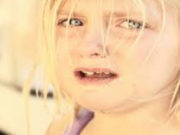
![[Video] Life For Kids With This Disability Is Challenging, Until This Life-Changing Hack](http://www.toddlernews.net/wp-content/uploads/2016/10/video-life-for-kids-with-this-di-180x135.jpg)
![[Video] How To Effectively Handle A Clingy Toddler.](http://www.toddlernews.net/wp-content/uploads/2016/09/video-how-to-effectively-handle-180x135.jpg)
![[Video] People Are Loving These 10 Value-Packed Facts About Toddlers.](http://www.toddlernews.net/wp-content/uploads/2016/09/video-people-are-loving-these-10-1-180x135.jpg)
![[Video] This 3-yr-old toddler Asked Her Four- Legged Fried to Do This And when He Does It’s The Cutest Thing.](http://www.toddlernews.net/wp-content/uploads/2016/08/video-this-3-yr-old-toddler-aske-180x135.jpg)


![[Video] You Will Laugh Yourself Silly When You See This Daring Toddler Escape.](http://www.toddlernews.net/wp-content/uploads/2016/07/video-you-will-laugh-yourself-si-180x135.jpg)
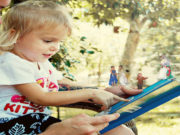
![[Shocking Report] How The NRA Has Your Toddler In The Crosshairs.](http://www.toddlernews.net/wp-content/uploads/2016/05/postnow-180x135.jpg)
![[Video] This Incredibly Exciting Audio Book Will Engage Your Toddler To Read Along.](http://www.toddlernews.net/wp-content/uploads/2016/05/video-the-incredibly-exciting-au-180x135.jpg)
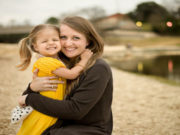
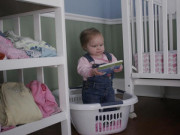
![[Video] When This Dresser Accidentally Toppled On This 2-Yr-Old I Didn’t Think He Would Live…OMG!](http://www.toddlernews.net/wp-content/uploads/2017/01/video-when-this-dresser-accident-180x135.jpg)
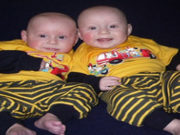
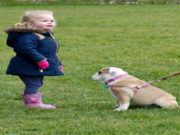
![[Video] You Might Say That These Boisterous And Spirited Twin Tots Need A Little Dinner Table Etiquette (Lol)](http://www.toddlernews.net/wp-content/uploads/2016/04/video-you-might-say-that-these-b-180x135.jpg)


![[video] The Scary Truth About This Miracle Antidote Poisoning Your Toddler.](http://www.toddlernews.net/wp-content/uploads/2016/07/video-the-scary-truth-about-this-180x135.jpg)
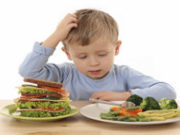

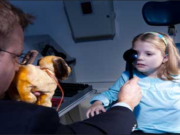
![[Video] People Are Loving These 10 Value-Packed Facts About Toddlers.](http://www.toddlernews.net/wp-content/uploads/2016/09/video-people-are-loving-these-10-1-238x178.jpg)
![[Video] This 3-yr-old toddler Asked Her Four- Legged Fried to Do This And when He Does It’s The Cutest Thing.](http://www.toddlernews.net/wp-content/uploads/2016/08/video-this-3-yr-old-toddler-aske-238x178.jpg)

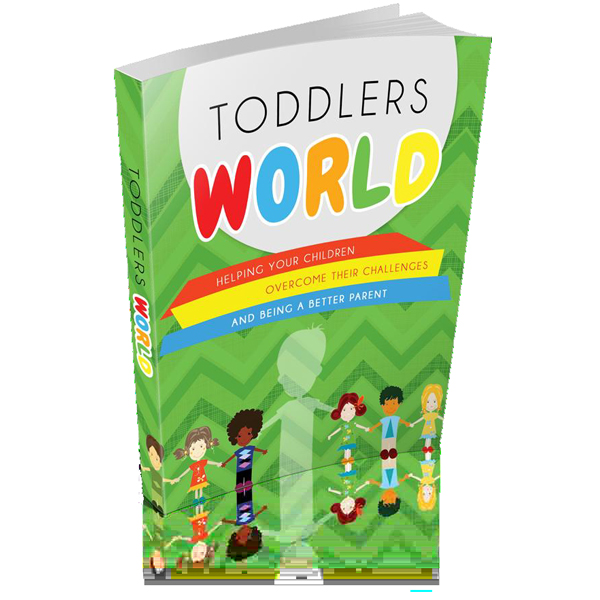
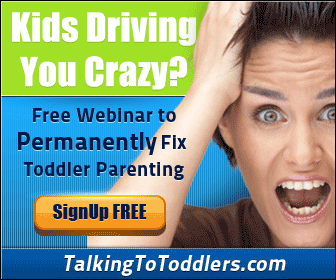

![[Video] This 2-Yr Old Tea Time With Dad is The Most Heart-Warming Thing Ever.](http://www.toddlernews.net/wp-content/uploads/2017/01/video-this-2-yr-old-tea-time-wit-2-100x75.jpg)
![[Video] When This Dresser Accidentally Toppled On This 2-Yr-Old I Didn’t Think He Would Live…OMG!](http://www.toddlernews.net/wp-content/uploads/2017/01/video-when-this-dresser-accident-100x75.jpg)

Facebook Comments Sync